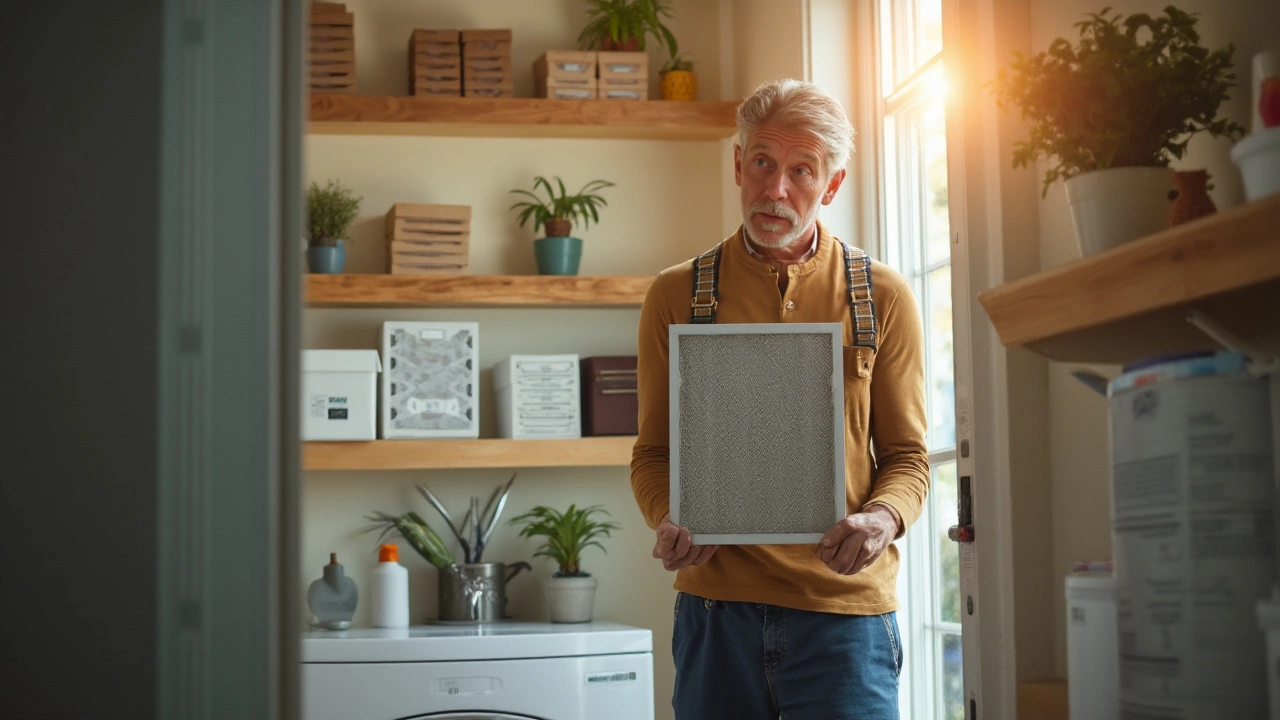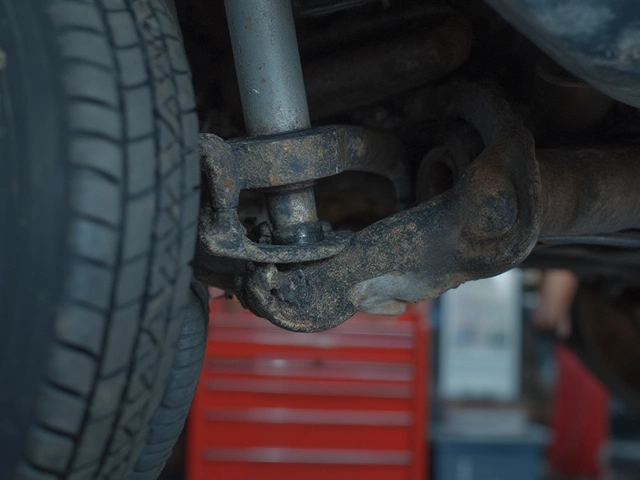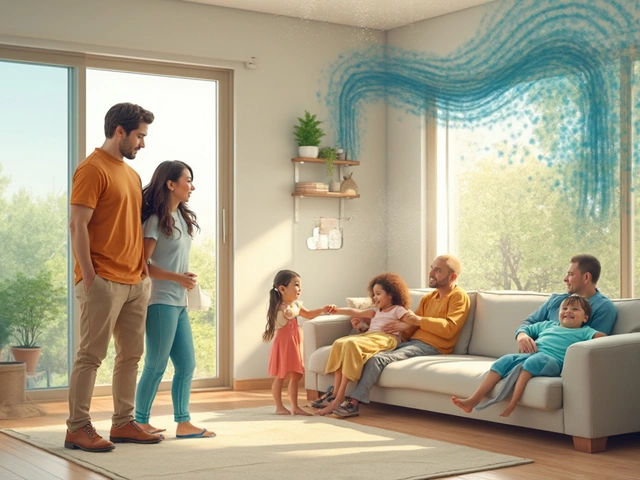Home Air Quality Tips: Simple Filters for Cleaner Indoor Air
Ever walked into a room and felt a stale, dusty vibe? Chances are the air filter in your HVAC system is doing a lousy job. The good news is you can fix that without hiring an expert or splurging on expensive gear. Below are the basics you need to know to breathe easier at home.
Pick the Right Filter for Your System
Filters come with a rating called MERV – short for Minimum Efficiency Reporting Value. A low‑MERV filter (1‑4) catches big particles like pollen, but lets finer dust and smoke slip through. Most homes benefit from a MERV 8‑13 filter. MERV 13 is a sweet spot; it traps allergens, pet dander, and even some bacteria without choking your furnace.
If you’re not sure what your HVAC can handle, check the manual or the label on the existing filter. Too high a rating can restrict airflow and raise energy bills, so match the rating to what the system recommends.
When to Change Your Filter
Even the best filter loses its punch over time. A general rule: replace a standard 1‑inch filter every 90 days, but if you have pets, smokers, or live in a dusty area, do it every 30‑60 days. Whole‑house filters are a bit larger, so they usually last 6‑12 months, but swapping them out early can keep your home quieter and your heating bill lower.
Mark the change date on your calendar – or set a reminder on your phone. When the filter looks dark or smells musty, it’s time for a swap.
Besides the HVAC, remember portable air cleaners. A cheap HEPA filter in your bedroom can cut airborne allergens by up to 90 %. Just keep the filter clean; a clogged HEPA unit works worse than nothing.
Finally, don’t forget the vents. Dust buildup on registers can feed the system with debris, so give them a quick wipe every few weeks.
By choosing the right MERV rating, swapping filters on schedule, and keeping vents clean, you’ll notice fresher air and fewer sneezes around the house. It’s a small habit that pays off in comfort and health – no fancy jargon, just a cleaner breath each day.
 3 March 2025
3 March 2025
The Best Air Filters: What Works Best for You?
Choosing the right air filter can make a huge difference in the quality of air you breathe at home. From HEPA filters to electrostatic options, each type has its own strengths. Understanding the differences provides better air quality and even health benefits. Discover interesting facts about various air filters and practical tips for selecting the right one for your needs.
 26 January 2025
26 January 2025
Is MERV 11 the Right Choice for Your Home's Air Quality?
Choosing the right air filter for your home can be challenging, with options varying in terms of efficiency and performance. This article explores whether MERV 11 filters are suitable for residential settings by analyzing their benefits and potential downsides. Discover how MERV 11 compares to other filter ratings and what factors homeowners should consider for optimal indoor air quality. Learn practical tips to ensure your filter is the best fit for your home environment.
Latest Posts
-

Bad Struts Symptoms: Signs Your Car Suspension Needs Attention
-

Clutch Replacement Cost: What to Expect and How to Save Money
-

Bad Spark Plug Symptoms and Effects: What Happens if Your Spark Plugs Are Failing?
-

Unlocking the Secrets of Air Filters: Why They're More Important Than You Think
-

How Do I Know What Size Exhaust I Need? Straightforward Guide for Perfect Fit
Tags
- car maintenance
- engine oil
- spark plugs
- brake pads
- engine performance
- vehicle maintenance
- spark plug replacement
- windshield wipers
- fuel pump
- suspension parts
- clutch replacement
- oil change
- clutch kit
- car suspension
- car performance
- air filters
- car radiator
- exhaust systems
- fuel pump replacement
- engine misfire

0